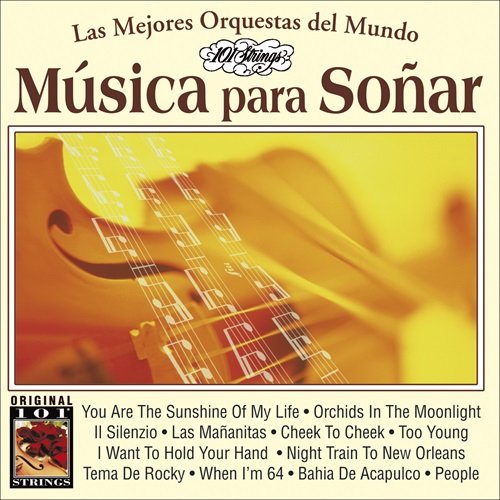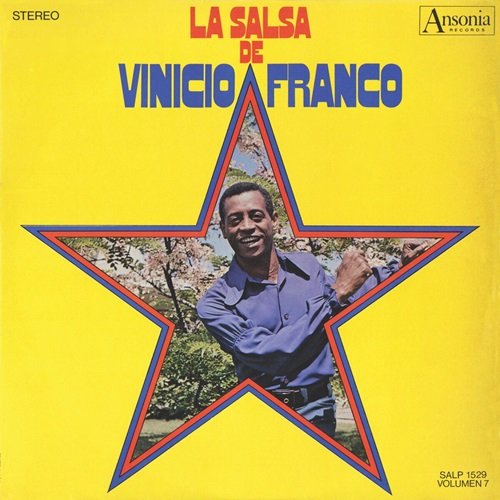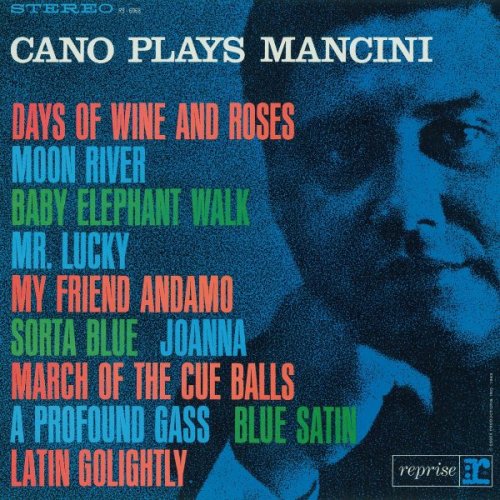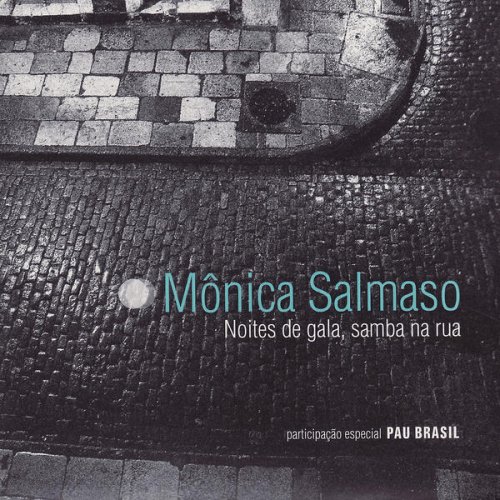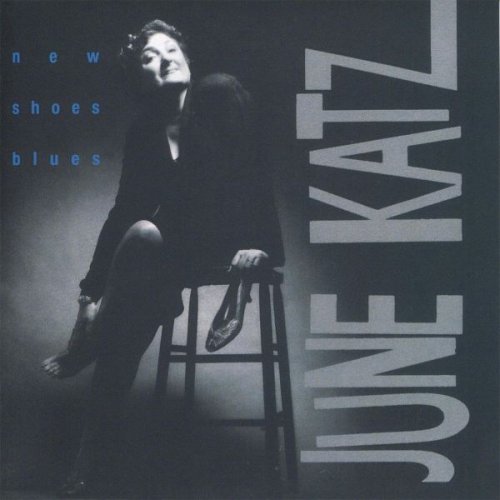Frank Wess - Four Classic Albums (2014)
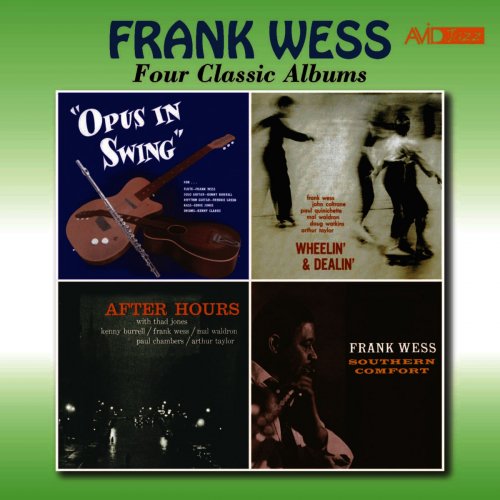
Artist: Frank Wess
Title: Four Classic Albums
Year Of Release: 2014
Label: AVID Entertainment
Genre: Jazz
Quality: FLAC (tracks) / MP3
Total Time: 2:34:43
Total Size: 891 / 355 MB
WebSite: Album Preview
Tracklist:Title: Four Classic Albums
Year Of Release: 2014
Label: AVID Entertainment
Genre: Jazz
Quality: FLAC (tracks) / MP3
Total Time: 2:34:43
Total Size: 891 / 355 MB
WebSite: Album Preview
01. Kansas City Side (Opus in Swing)
02. Southern Exposure (Opus in Swing)
03. Over the Rainbow (Opus in Swing)
04. Wess Side (Opus in Swing)
05. East Wind (Opus in Swing)
06. Things Aint What They Used to Be (Wheelin & Dealin)
07. Wheelin' (Wheelin & Dealin)
08. Robbins Nest (Wheelin & Dealin)
09. Dealin' (Wheelin & Dealin)
10. Steamin' (After Hours)
11. Blue Jelly (After Hours)
12. Count One (After Hours)
13. Empty Street (After Hours)
14. Southern Comfort (Southern Comfort)
15. Blue Skies (Southern Comfort)
16. Gin's Beguine (Southern Comfort)
17. Blues for Butterball (Southern Comfort)
18. Summer Frost (Southern Comfort)
19. Dancing in the Dark (Southern Comfort)
20. Shufflin' (Southern Comfort)
Frank Wess is best known from his years with the Count Basie Orchestra. He joined the “New Testament” version of the band in 1953 and stayed with it for eleven years. During his time with Basie, Frank popularized the use of the flute with performances on such tunes as Cute and Midgets. He also made an impression as a contrasting voice on tenor sax to Frank Foster’s more muscular approach. Frank’s ability as a tenorist and flautist are both clear on this double CD, which contains four LPs recorded between 1956 and 1962. All the recordings are with small groups, which enables us to hear a lot of Frank’s solo ability.
The first LP - Opus in Swing from 1956 - displays not only Frank’s talents as a player but also as a composer, because he wrote three of the five tracks. His playing here and throughout is always astute, never domineering, and he is backed on this album by the unexpected set-up of two guitarists: Kenny Burrell playing solos and Freddie Green’s rhythm guitar chugging along warmly to make the quintet bounce. Wess makes the flute flutter on Southern Exposure, as if he was already exploring the various potentialities of the instrument.
Wheelin’ and Dealin’ from 1957 has the unusual front line of three tenorists, all three with very different styles. Wess is smooth and calm; John Coltrane hints at the unrestrained tendencies which later took over his playing; and Paul Quinichette’s style (as has often been noted) is very reminiscent of Lester Young (particularly on Robbins Nest, where he also manages to sound like Sonny Rollins!). Frank is listed as playing the tenor sax but he also introduces Things Ain’t What They Used To Be and Robbins Nest on the flute. Pianist Mal Waldron wrote both Wheelin’ and Dealin’, and he plays some very strange choruses on the former – almost as if he was a beginner trying out the piano.
Waldron composed all four tunes on the 1957 album After Hours. Mal tends to write pieces based on simple riffs, but that leaves the soloists more freedom. The shortest track is just under eight minutes, so members of the sextet have a chance to stretch out.
Finally, the LP Southern Comfort from 1962 consists of arrangements by Oliver Nelson which often make the octet sound bigger than it really is. Nelson says “We especially made it possible for Frank Wess to show how well he can sustain long solos after all those nights of quick ones in the Basie Band”. The title-track lets Frank Wess loose on a blues theme which allows him to exercise his chops more fiercely than he sometimes did with Basie. His Basieite colleague, trumpeter Albert Aarons, is equally punchy, and Osie Johnson blends with Ray Barretto to create a stunning percussion solo. The percussion adds a Latin flavour to Gin’s Beguine, which demonstrates Frank’s smoother side. And Summer Frost has Frank playing with tender lyricism on alto flute. ~ Tony Augarde
The first LP - Opus in Swing from 1956 - displays not only Frank’s talents as a player but also as a composer, because he wrote three of the five tracks. His playing here and throughout is always astute, never domineering, and he is backed on this album by the unexpected set-up of two guitarists: Kenny Burrell playing solos and Freddie Green’s rhythm guitar chugging along warmly to make the quintet bounce. Wess makes the flute flutter on Southern Exposure, as if he was already exploring the various potentialities of the instrument.
Wheelin’ and Dealin’ from 1957 has the unusual front line of three tenorists, all three with very different styles. Wess is smooth and calm; John Coltrane hints at the unrestrained tendencies which later took over his playing; and Paul Quinichette’s style (as has often been noted) is very reminiscent of Lester Young (particularly on Robbins Nest, where he also manages to sound like Sonny Rollins!). Frank is listed as playing the tenor sax but he also introduces Things Ain’t What They Used To Be and Robbins Nest on the flute. Pianist Mal Waldron wrote both Wheelin’ and Dealin’, and he plays some very strange choruses on the former – almost as if he was a beginner trying out the piano.
Waldron composed all four tunes on the 1957 album After Hours. Mal tends to write pieces based on simple riffs, but that leaves the soloists more freedom. The shortest track is just under eight minutes, so members of the sextet have a chance to stretch out.
Finally, the LP Southern Comfort from 1962 consists of arrangements by Oliver Nelson which often make the octet sound bigger than it really is. Nelson says “We especially made it possible for Frank Wess to show how well he can sustain long solos after all those nights of quick ones in the Basie Band”. The title-track lets Frank Wess loose on a blues theme which allows him to exercise his chops more fiercely than he sometimes did with Basie. His Basieite colleague, trumpeter Albert Aarons, is equally punchy, and Osie Johnson blends with Ray Barretto to create a stunning percussion solo. The percussion adds a Latin flavour to Gin’s Beguine, which demonstrates Frank’s smoother side. And Summer Frost has Frank playing with tender lyricism on alto flute. ~ Tony Augarde
![Mammal Hands - Circadia (2026) [Hi-Res] Mammal Hands - Circadia (2026) [Hi-Res]](https://www.dibpic.com/uploads/posts/2026-02/1771945393_folder.jpg)

